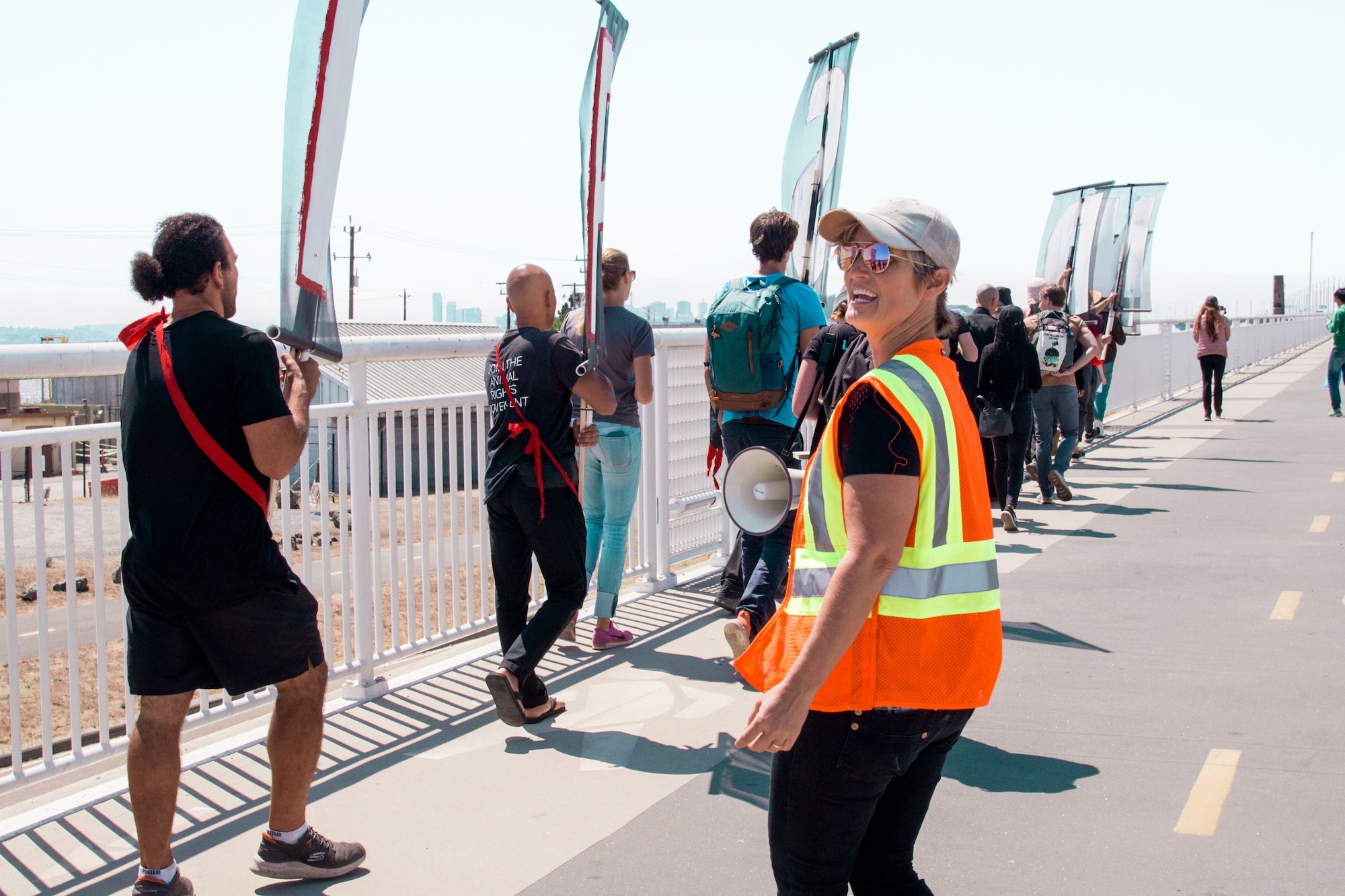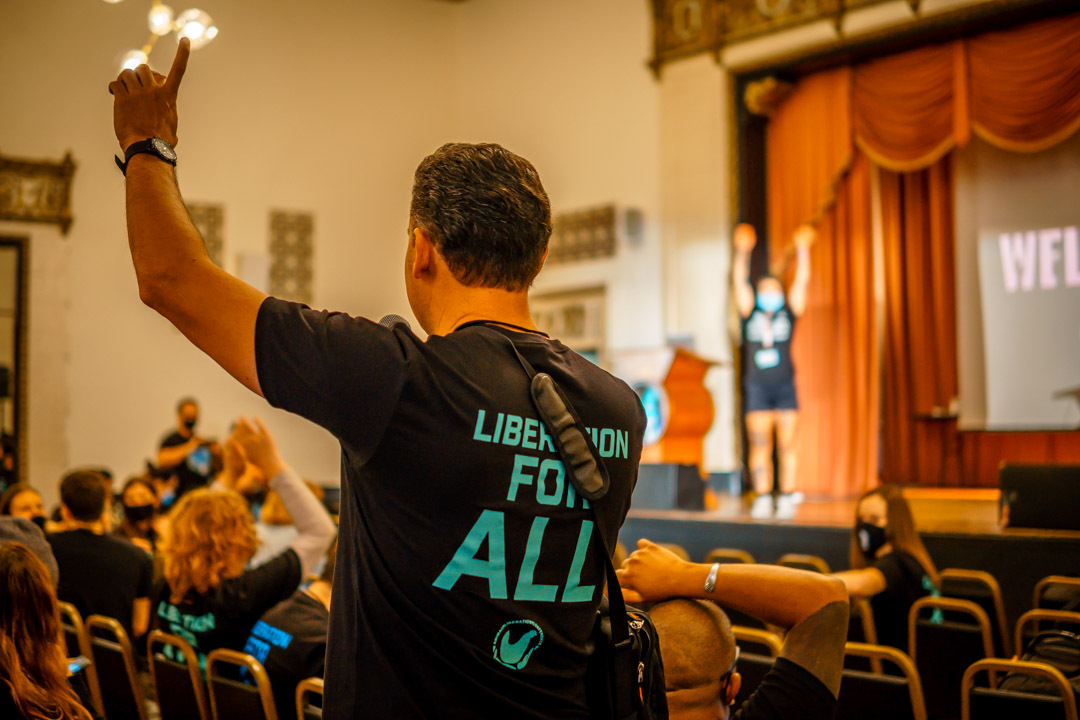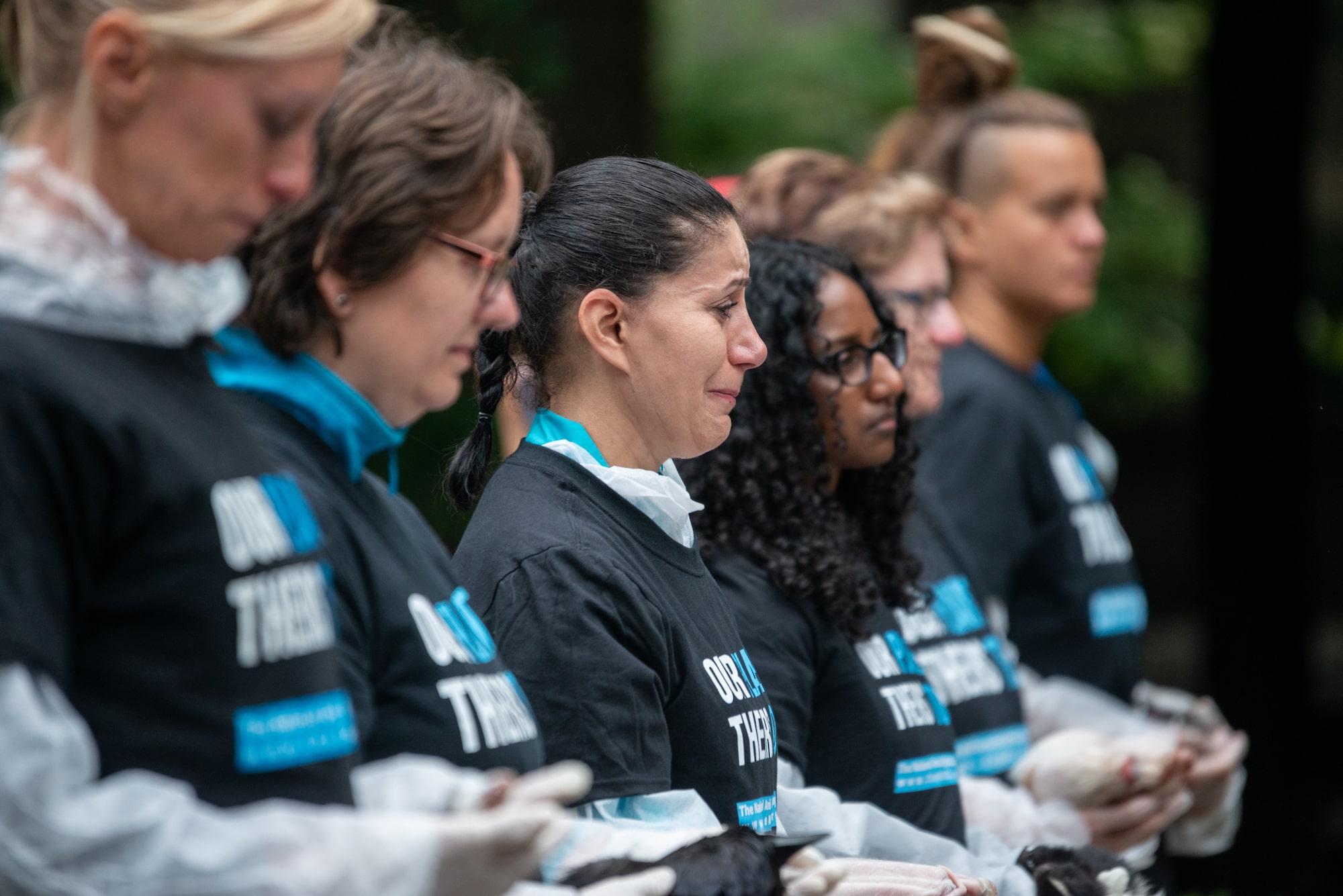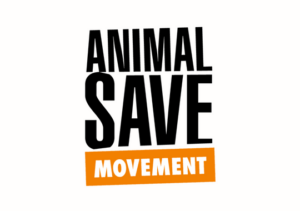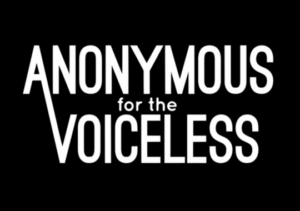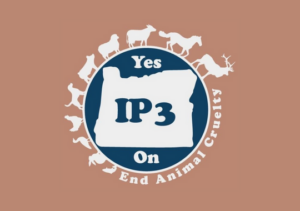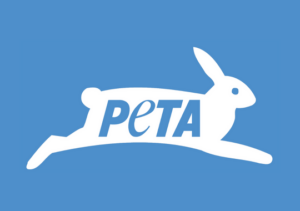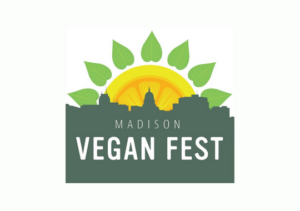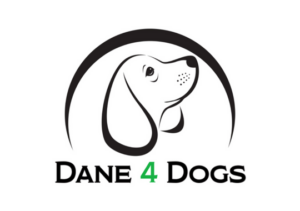Stages of Activist Development
Here's what happened
They didn’t just join
They stuck with it
Who are these people?
We interviewed 38 animal rights organizers in the US.
They lived in California, North Carolina, Illinois, Utah, Wisconsin, Arizona, Missouri, Texas, Pennsylvania, Oregon, Colorado, and Michigan.
Participants worked on issues related to animals used for food, testing, and entertainment, including circuses and zoos.
What did we find?
Inspiration
Motivation
Conflict
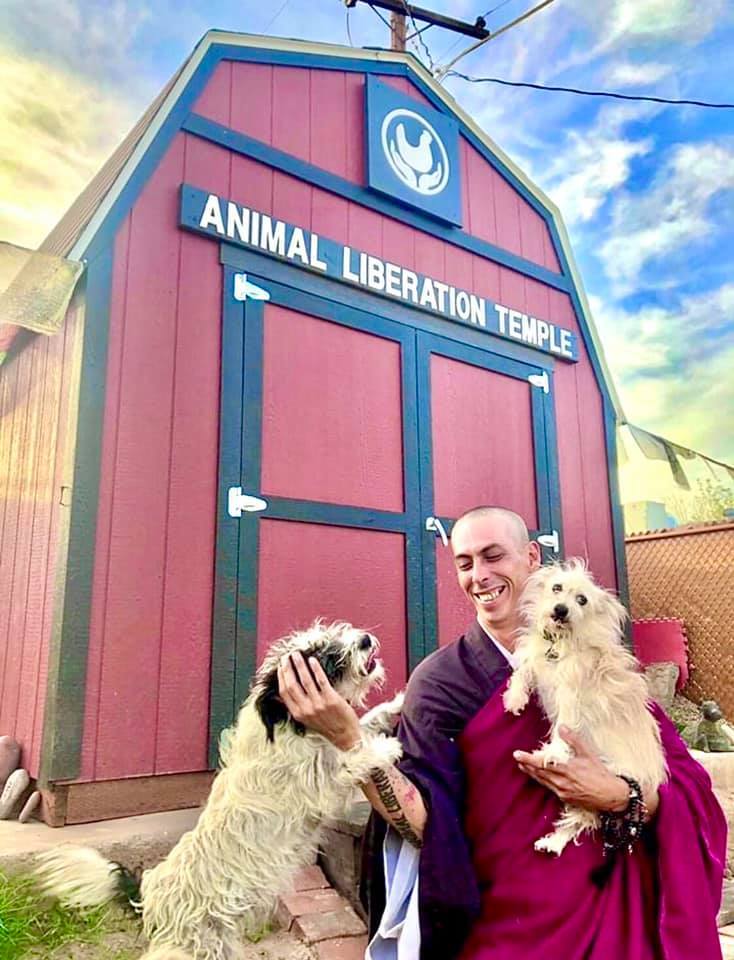
Methods
Snowball sampling means earlier participants were asked to recommend later participants.
Open-ended interviews of 30-60 minutes asked about participants’ movement origins, experiences, and relationships.
Each transcript was transcribed and coded to identify common themes between interviews.
Stages of Activist Development
Hearing the stories of so many organizers, we started to conceive of a process by which we transition from “randos” (an affection term for the not-yet activists we’d like to recruit) into seasoned, dedicated organizers. This report offers a framework for understanding the development of an activist.
Early in the process of developing this model, we realized that the process seemed to share some uncanny parallels with the Stages of Grief as conceived by the psychiatrist Elisabeth Kübler-Ross. Similar to the Stages of Grief, these are not linear steps- activists experience multiple stages in the same time period, experience them in a different order than listed here, or experience the same stage multiple times. Importantly, each stage has distinct needs that more veteran organizers can help to meet- challenges that, if not overcome, could result in burnout, conflict, dropping out of the movement, or all three.
While assembling this report, we stopped thinking of it as just a neat parallel to the Stages of Grief, and instead began to consider it a literal grief process, experienced by people who were exposed to the true horror of animal agriculture and who found a way to live in the world despite it. We're using alternate names for the stages to better reflect the language the study participants used, but they can also be understood as manifestations of the Stages of Grief.
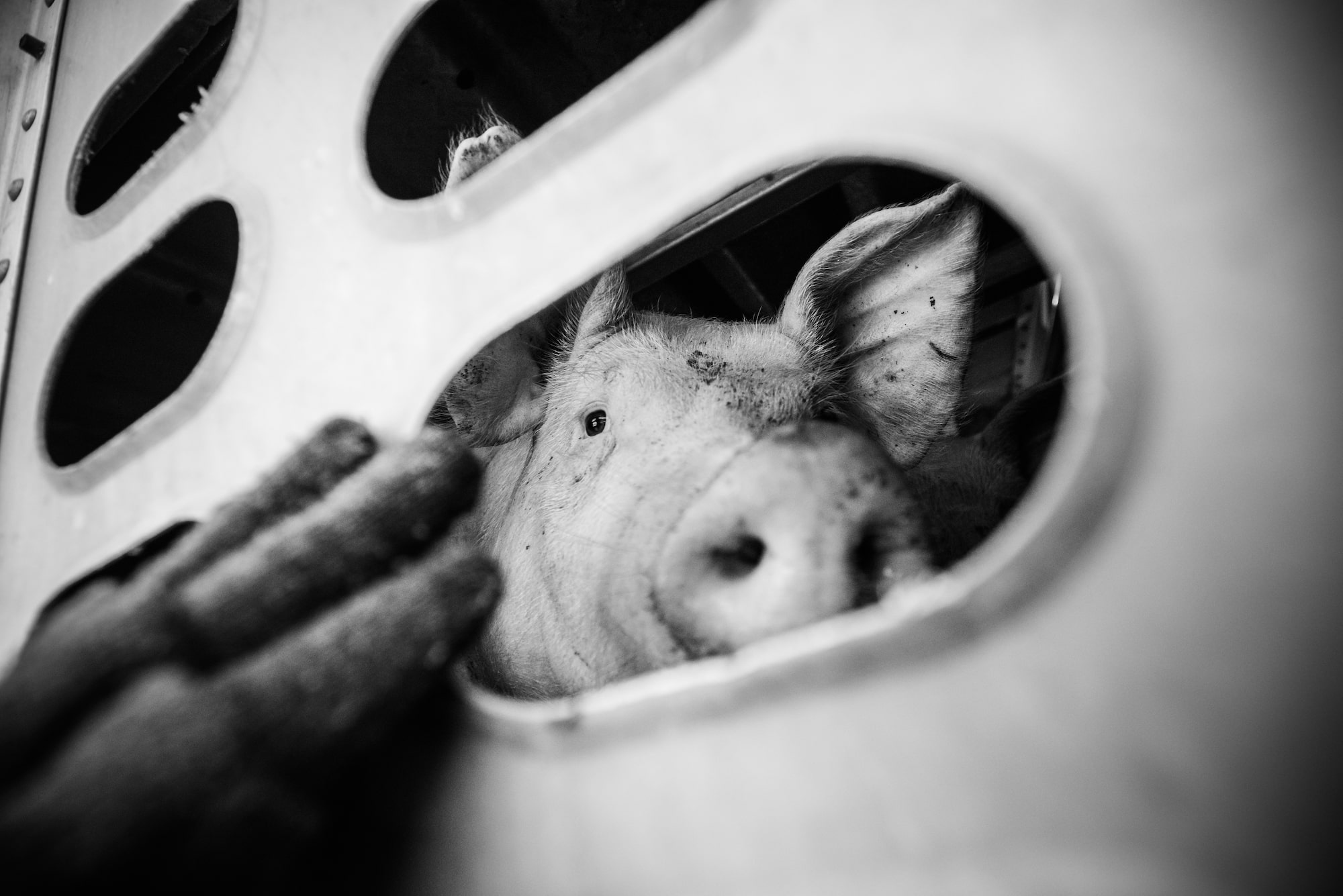
Powerlessness
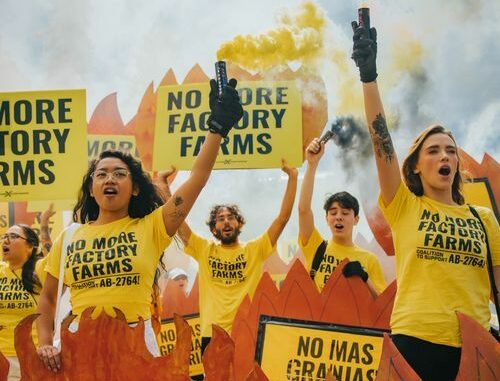
Anger
